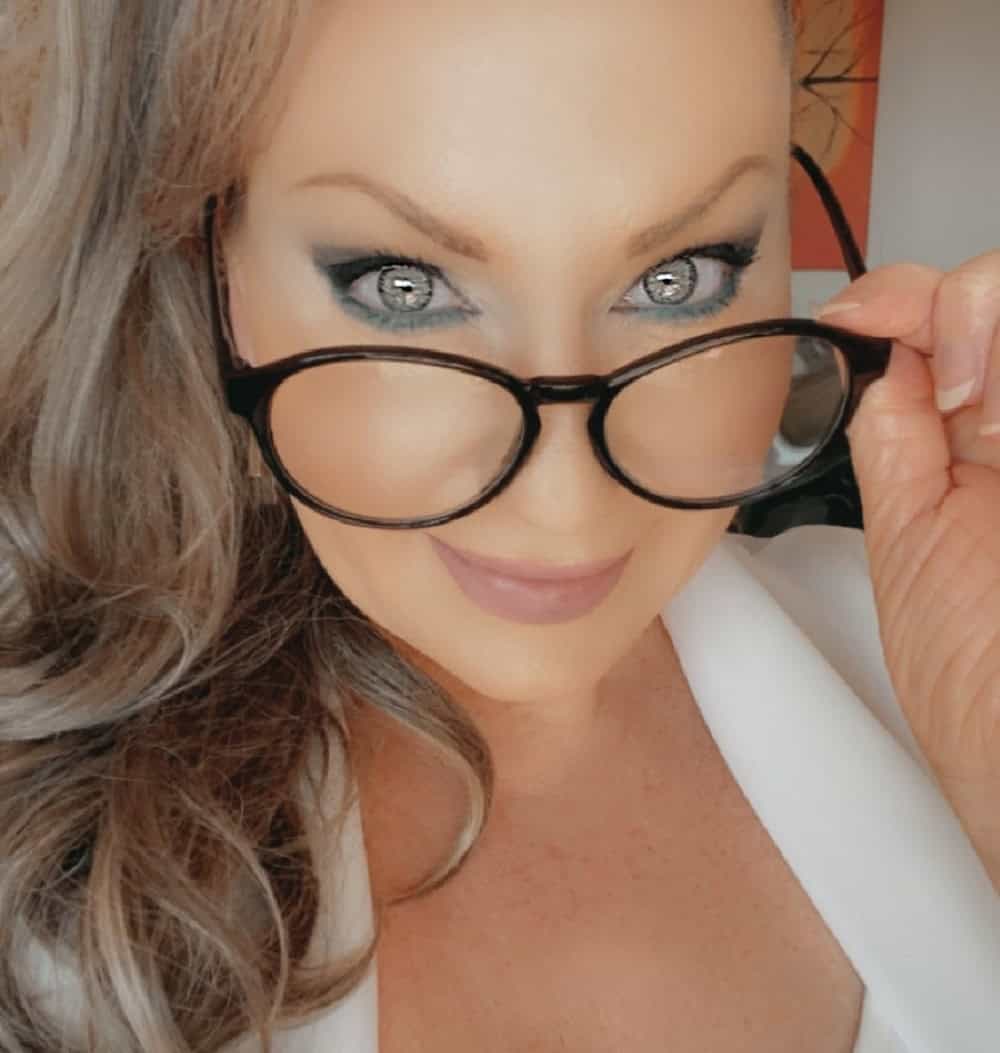Once upon a time…
Was it good or bad? Only time would tell. Three moments in a row, and in dangerous proximity.
The first moment had been out of Barry’s hands. He’d begun to close down the bar just before midnight when two dismissively apologetic patrons arrived. They demanded cheap ale and pulled up stools across from each other at a round wooden table.
Barry might have refused them entry if the fire in the hearth had already been extinguished. After serving the ale, he propped himself up on his elbows, the knife-edge of his gaze quietly mincing his guests. They didn’t seem to notice his chilling disposition. They were busy snapping at each other like scorned lovers, glancing over such topics as the waning plague and the unceasing rain causing the season’s disastrous harvest.
The second moment had stung like salt in the barkeep’s wound. The patronage were several pints down when the door once again swung open. An old man entered, using the sleeve of his dark cloak to wipe something from his lips. He relied heavily on a twisted pine walking stick, moving toward the bar like a leaf blown over the ground, trembling, folding, in fits and starts. The bar’s dim candlelight spread thinly across his face, deepening the lines of his furrowed brow. His bulbous nose whistled with each in and out-breath.
“Boy,” wheezed the old man. “Forgive me for the hour, but I must ask you a favour.”
“What’ll you have?” asked the barkeep, having missed the old man’s words, distracted by the others.
“Can you read and write?”
Barry paid closer attention to the tired old man across the bar. “Some. What do you need?”
The old man pulled a small sack from his cloak and set it on the counter. As he untied its thin leather knot, his fingers struggled to find a secure purchase. Eventually, the dark linen cloth dropped open to reveal the contents: a stained scroll of parchment, a quill, and a sealed ink flask.
“The time has come for me to produce my last will and testament. My affliction… well, you see my vessel crumbles by the hour, I’m afraid.”
“Perhaps a family member-”
“Gone, or dead… dead to me.”
Barry thought for a moment and then nodded sincerely, arranging the writing materials on the counter. He waited as the old man maneuvered his way up a stool.
“I, Jonathan Alfred Bassenthwaite, being of sound mind, draft this document as my official last will and testament. Here follows an exhaustive inventory of my earthly possessions, as well as my final decision as to their bequeathment. Item one….”
The barkeep was a faithful scribe as Bassenthwaite flatly stated his inventory from memory. It was an impressive feat – Barry wasn’t even sure he could name every style of liquor on the shelves behind him. However, the novelty soon faded as the list grew past the front side of the parchment. The old man turned out to be a very successful dairy farmer. To the barkeep’s dismay, he included the name of each cow, as well as several anecdotes about their respective personalities.
It was mindless work, handled subconsciously as the barkeep’s thoughts wandered back to the other two men in the bar. They’d grown louder and were each pitched forward, so close that they had to be exchanging breath. Daniel, the barkeep heard him called, was a dark curly-haired young man who could barely contain his seething anger. He lorded over his older, more timid associate, Father Clarke.
The men took several gulps of ale in wicked silence, the flickering candle between them painting their faces orange like the edges of a sunset. Daniel relaxed into his seat, disquietingly calm. His non-drinking hand fluttered around something silvery at his hip, and Barry felt an unseen force pressing on his temples… trouble was brewing.
Meanwhile, Bassenthwaite’s tone had shifted. He was done listing items. Now he spoke softly, almost dreamily, barely heard above the renewed argument across the room. Each word lingered on his cracked lips, as if taking a second to bid him farewell.
He announced, “All of my assets I leave in their entirety to my son… and there, yes there” he pointed, “you may write your own name.”
The barkeep froze in his writing and set down his quill. “I beg your pardon?”
At that very moment, Daniel stood and shoved the table toward Father Clarke. Their flagon pinwheeled through the air, spraying what little ale remained before crashing to the floor. The barkeep lurched around the bar to intervene, but the old man did not stir. Clarke backed slowly away from Daniel, who had drawn his dagger and was advancing with a sinister smile. The priest touched the tips of his fingers once to his forehead, his sternum, and each half of his chest.
“Out!” bellowed the white-knuckled barkeep to Daniel, stepping in front of Father Clarke.
Daniel pricked his thumb with the tip of his knife and exhaled. Then he pulled out a little coin purse and rifled through it.
“It’s on the house,” said Barry sternly.
“I can pay.”
“Just go.”
With that, Daniel was gone, leaving the door ajar in his wake.
Too late was the third moment; a sinking feeling in the barkeep’s stomach. Moonlight flooded the Southern window as Bassenthwaite’s stool tipped backward and slid out from under him. He fell onto his back peacefully, making no attempt to soften the blow. As he did, his arms opened out into the graceful posture of a crucifix. This pulled open his cloak, revealing a crimson stain around a V-shaped puncture wound in his chest. He lay there stone-cold and still, no longer the trembling mess he had been.
It was not an old, sick man who had walked into the bar, but a walking dead man.
Barry fell to his knees, his head spinning. Old Man Bassenthwaite had been attacked with a spade, or something similar. Times were tough and people were desperate, but why had he taken such pains to travel into town in his final moments? He’d called the barkeep his son. Was that possible? Barry checked the will, looking for clues. There, scribbled in as an aside to the inventory, was a name, Mary Rose. It had not given him pause before, but it did now: that was his late mother’s maiden name.
Minutes later, as the barkeep imbibed of his own ale, three new silhouettes appeared in the doorway. Barry covertly tucked Bassenthwaite’s will away under the bar.
“We’re just about to close up, gentlemen,” he said.
The one in front waved a hand and his companions hurried forward obediently. They dragged Bassenthwaite out into the night, leaving their leader alone in the bar with the barkeep and the now blubbering priest.
The man approached the bar. “Now, my father didn’t talk your ear off, did he? He can be so embarrassing the way he prattles on.” The younger Bassenthwaite let a hefty sack of coins down on the counter. His fingernails were framed by thin lines of congealed blood. He pulled the barkeep in by the shoulder.
Then, with grating arrogance, he said, “I believe this is a fair price for your discretion.”
Barry watched in silence as the man strutted away and slammed the door behind him.
“Father Clarke,” he called, unfurling Thwaite’s will on the counter and writing in his own name.
“Can I get a witness?”
“When you can just step back and see the big picture and know that good things will come, good things will go, bad things will come, bad things will go… then your happiness doesn’t rely on any kind of external situation. That’s the key to lasting happiness.”
― Todd Perelmuter
Moral of the Story:
There is no such thing as good or bad, but our thinking that makes it so. The principles of good and bad are social constructs and what may start out as good can end up bad and vice versa. Good and bad are not absolutes, even though dividing the world into good and bad can seem to make life easier. This dualism, making things black and white is a trap that many fall into and which is often used as a comfortable excuse not to think too hard about the messy reality of life. The fact is that events are neither good nor bad. There are consequences for every choice, every event, and every action. This is the law of cause and effect. However, you may not know the consequences for many years after the event itself because none of us can account for the price at the point in time when an event is occurring.
Good and bad are dimensions on a scale and things can be more good or less bad depending on who is looking at the situation. Morality is a collective attempt to create a ‘system’ or structure of what is “good” and what is “bad” – it’s an outdated mindset to help society rationalise its decisions. Morality makes it easier for us to look at reality and say, “this shouldn’t be!” and believe that we are right. However, the truth is that there is no general morality because it is relative from culture to culture. Morality serves to justify whatever we collectively consider an ideal: in many cases, self-preservation and protection of our “ideals”. So let’s be careful when we look at the world as good or bad. You can become imprisoned inside this concept and it locks you into a mindset of fear which lowers your vibration and clouds your decisionmaking ability. There is really no such thing as good or bad, only the consequences that come from each choice and your thoughts about them.
“Water has the potential to grow life even in the barren desert, and it also has the potential to flood an entire city, destroying countless lives. Fire has the potential to give heat in the freezing winter, and it also has the potential to burn an entire forest to ashes. Potential is neither good nor evil, it’s our intention that makes the distinction.”
― Abhijit Naskar
Affirmation: I observe my thoughts without judging them.
My mind is free and open. Every single one of my problems has a solution. Everyday I become more mindful and aware. I am a magnet for brilliant ideas and I am grounded in the experience of the present moment. I am in charge of the thoughts I think, and today I choose positivity and joy. I am ready for change. I welcome change. I am so grateful for this moment. I choose to focus on my life’s solutions and I don’t sweat the small stuff. I let go of all the false stories I make up in my head and I invite new ways of thinking about this situation. I make excellent choices that move my life powerfully toward my dreams. I no longer resist the lessons I’m learning, even when they are challenging. I respond peacefully and calmly in all situations. Mistakes and setbacks are stepping stones to my success because I learn so much from them. Today I am a clean slate. I am wide awake and choose to see the world through fresh eyes.
“Good and bad are illusions. What exists is either the presence of empathy or the lack of it. I think this should become the new, clear definition of how we see people. No more “good” and no more “bad”. Those terms are highly subjective.”
― C. JoyBell C





